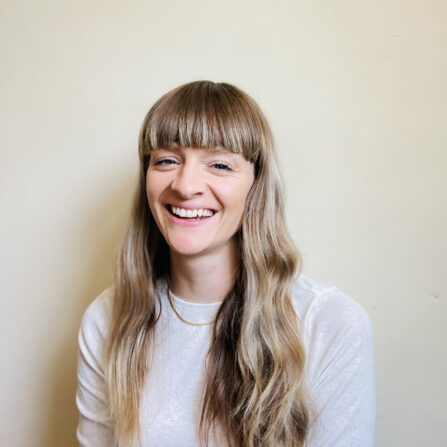
Rebecca S.
PhD Researcher/ Defra Research FellowWhat is the nature of your role and its responsibilities?
I am a researcher interested in the genes of wild and domestic populations of animals. I study their DNA to understand what happens to them when their populations become really small. This helps to form conservation policies to manage and protect them.
What led you to follow this career path?
Love of the natural world and understanding the impact our actions have on the world. I really wanted to try and make a difference.
What qualification(s) or training did you complete?
BSc in Biology and MSc in Animal Welfare Science. Currently doing a PhD in conservation genomics.
How are your qualification(s) or training useful in your everyday job?
Science communication is a key skill I have learned in my careers and how to tailor pieces of information to the audience you are trying to engage. I have to talk to politicians, researchers and the general public about my work and try to make them think it’s as important as I do, so that is a key skill! Another skill is being able to assess information critically, to be able to look at a piece of work and try to understand it and take out the main points is really important.
What does an average working day look like for you?
I usually start work around 8 or 9am and work from an office in Norwich or travel to London for meetings. I spend a lot of my time reading and writing papers, and some time analysing my data or making figures to communicate my science! I also tend to exercise before or after work and end my day at 6pm to relax!
What aspect of your role do you most enjoy?
Constantly doing or learning something different. It keeps my job interesting and my brain engaged!
What aspect of your job do you find most challenging?
Sometimes I can be the only person doing a specific thing in my PhD and so there isn’t always someone to go to for help. It’s challenging, but I enjoy finding out the answer to the problem!
What would be your top piece of advice for anyone wanting to become a PhD researcher?
Follow what you are passionate about! Don’t do something you don’t love.

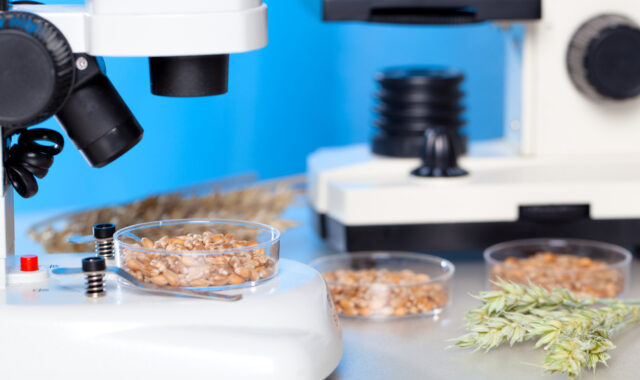
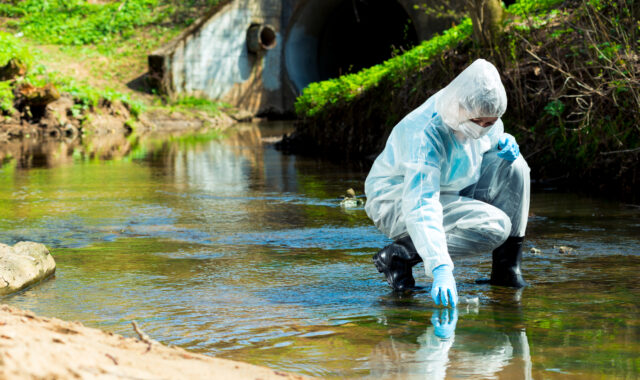
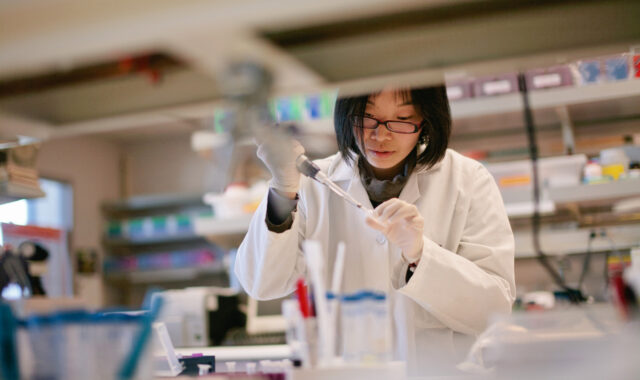
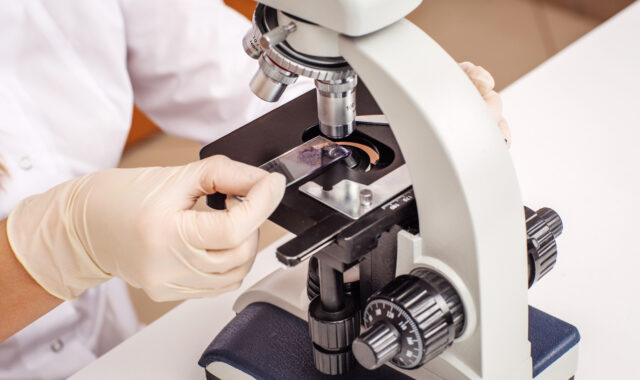



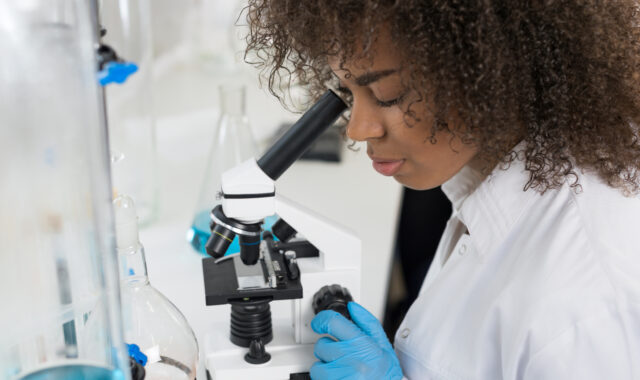
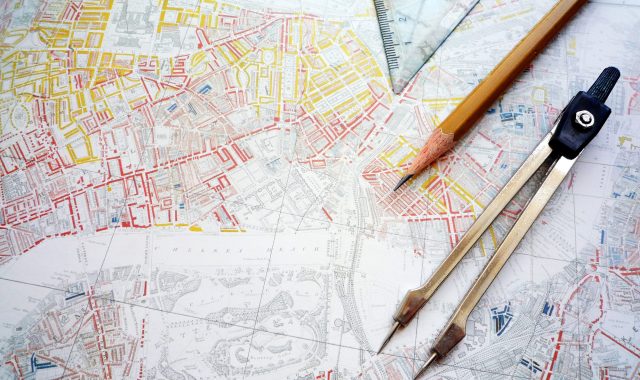
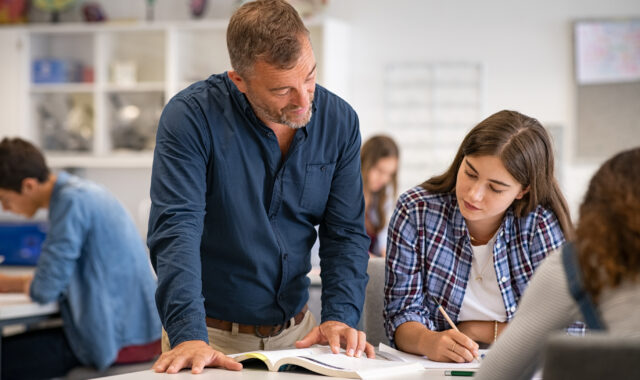
Comments